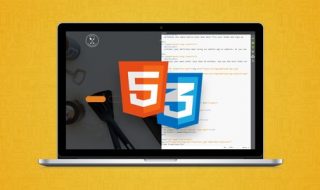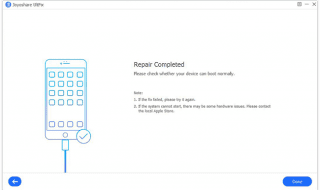
People are confused about which type of loan they should get, but the truth is that it depends on the situation. In most cases, a student loan may be the best option as long as you know what you are getting yourself into and the amount of money you need to pay back.
School life has a lot of needs that require financial support, forcing students to seek external sources to sustain themselves fully. These sources include student loans and financial institutions. Most students face a hard time choosing which type of loan to pick.
Types of Loans

- Student loan
It is a low-interest financial aid intended to support students cover education-related bills, such as tuition, educational materials, books, and living expenses, with reduced interest rates. Not all students are the same since while some have a sizeable financial muscle, others struggle in catering for their school life. For them to assist students in managing well in school, the government introduced a subsidized loan type to be paid later by the students upon completion of their studies. This loan is mainly to cater to extra expenses in school. There are three types of student loans. They include:
- Government loans
The government issues these loans while companies, credit unions, and governments make private loans and refinancing loans. They are overly flexible. The individual loan that is appropriate for you relies on considerations such as your financial condition, student year, and whether you have a credit history. Fill up the Online Request for Government Financial Aid and receive such loans. They have valuable benefits such as the right to tie pension taxes as you graduate or get forgiven loans while you operate in a public service sector. Many government loans don’t need a guarantor or a decent credit; virtually any high school graduate is qualifying for them.
- Private loans
They are loans taken out by students via their banks or credit unions. They do not link to any policies and typically allow that the recipient has a guarantor or credit background. These usually come at a far higher interest rate than government loans, but the loan’s limitations are not as stringent as they seem. It ensures that borrowers with a private credit will also get more funding; however, they will pay back a lot more.
- Personal loan
It is a loan borrowed for multiple reasons, like mortgage reduction, vacation, unforeseen expenses, a new car, student loan, or debt reduction. It is borrowed from a financial institution to be paid back in installments for 2-7 years. There are two types of personal loans. Secured and unsecured loans.
- Secured loans
Such loans have equity, and, should anyone default on the debt, the investor will take away the asset. Other secured loans include mortgages and car loans, for example. Any banks, credit unions, and online lenders are providing guaranteed personal loans, which you can borrow against your house, private investments, or other properties. Tariffs are usually smaller than unsecured loans because borrowers find such loans to be less costly.
- Unsecured loans
This form of personal loan is not secured by assets, such as the house or vehicle, rendering them more expensive for borrowers, who will demand marginally higher interest rates each year and is popular amongst many people. A credit score determines one’s ability to secure the loan and the amount they can get. Usually, rates vary from 5% to 36%, and periods for maturity vary from one to seven years.
Differences between personal and student loan

- Interest rate
Student loans have a low-interest rate due to the subsidization by the government and financial institutions. Personal loans, on the other hand, have higher interest rates due to their nature, but the rates differ for different institutions.
- Restrictions
Personal loans cover diverse fields of need without any limits, and the individual can use it for any intended purpose without following any regulations or having to answer too many questions to anyone. It depends on the borrower. Student loans are, however, restricted to financing your school life and nothing more. Extending the funds for other purposes is termed as a misuse.
- Repayment
Student loans do not put too much pressure on the student. A student can make interest-only or no payments during the duration of study depending on the lender and loan type. The repayment time may even go up to 20 years to give the individual enough time to stabilize. Personal loans, on the other side, start appreciating, and the repayment begins immediately. Sadly, the lenders do not offer any mercy in case of a financial crisis. It is important to shop for loans online by visiting Loan Advisor online to get the best rates.
- Loan capacity
Personal loans do not give room for simultaneous borrowing without clearing any initial loan. This regulation tames the habit of too much borrowing preventing the borrower from drowning in multiple loans. Student loans, however, are awarded for numerous times in the period one is still on school and accumulate over the years. When one completes studying, the dilemma of paying it off hits them hard. The debt, having earned interest, maybe too huge to pay at once.
- Application
A personal loan is easy and takes a short time to apply since no leverage is needed if one chooses the unsecured type. On the other hand, student loans require a lot of personal information about the applicant and may take some time before it is approved.
Conclusion

If you want to get a more extended period and greater freedom when it comes to interest, a student loan could be a safer option. They are offered with lower interest rates and don’t demand that you start paying back instantly; you can concentrate on your schooling without having to have a career or payment schedule. A personal loan might be a safer choice when you need funds for more than just college. You may deal with the regular expenses that might happen or may use the loan funds to compensate for a particular trip through your college career that you may not afford without extra funding.




